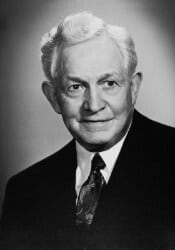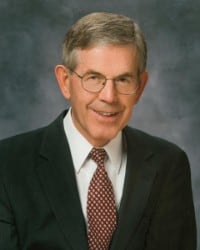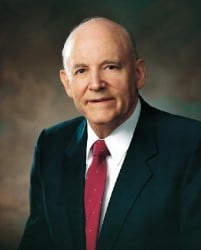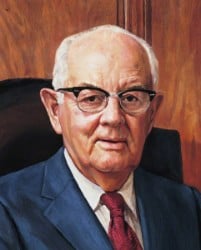
“Clearly God’s greatest concerns regarding mortality are how one gets into this world and how one gets out of it. These two most important issues in our very personal and carefully supervised progress are the two issues that he as our Creator and Father and Guide wishes most to reserve to himself. These are the two matters that he has repeatedly told us he wants us never to take illegally, illicitly, unfaithfully, without sanction.”
| Of Souls Symbols and Sacraments.







